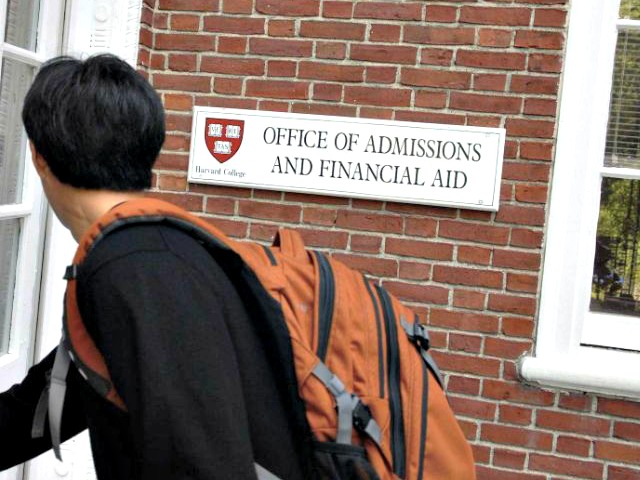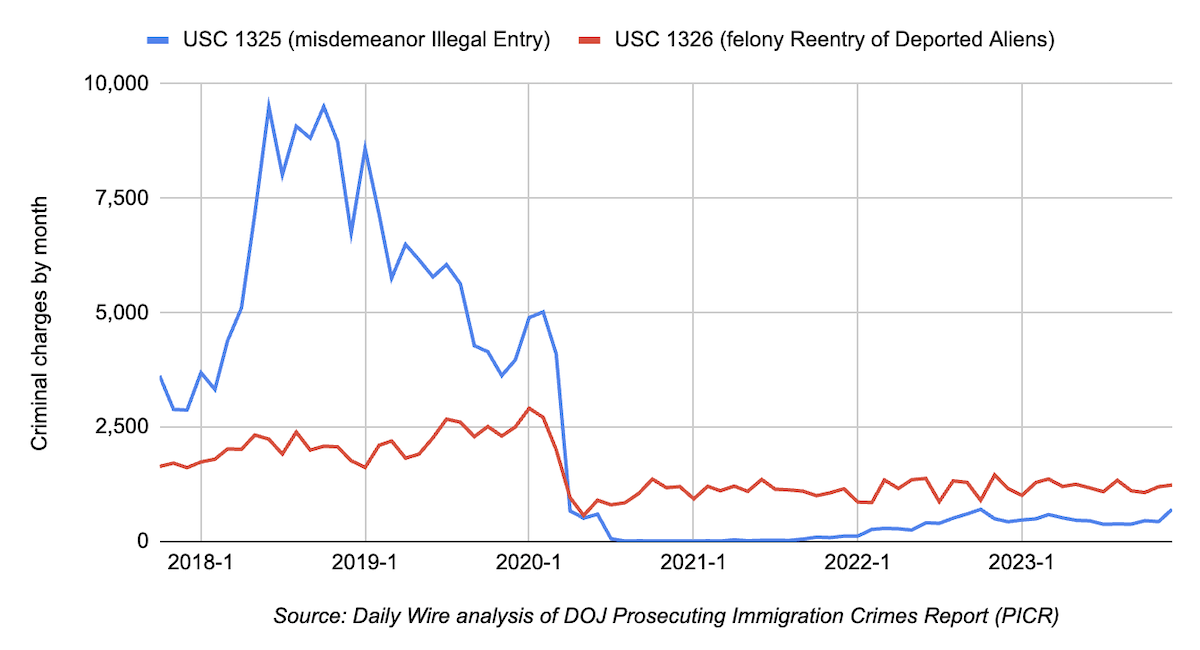Supreme Court to Rule on Racial Preferences in College Admissions

WASHINGTON, DC – The Supreme Court will decide whether colleges can use racial preferences when deciding which students to admit for both public and private schools, reconsidering a half-century of legal precedent in a pair of cases the justices will hear this fall.
One case involves the University of North Carolina (UNC). That school considers race a factor in admissions, giving a boost to Black, Hispanic, and Native American applicants. But UNC denies any additional benefit to racial minorities like Asians, which are a much smaller percentage of the population than the two favored minorities.
The Equal Protection Clause of the Fourteenth Amendment to the U.S. Constitution forbids state and local governments from discriminating on the basis of race. But in its 1978 Bakke case, the Supreme Court held that schools did not violate the Fourteenth Amendment by using racial preferences – euphemistically called “affirmative action” unless it was so blatant that it amounted to quotas, such as a policy saying that a certain percentage of student spots would be given exclusively to a particular racial group.
Chaos ensued on where to draw the line, until the court decided two cases from the University of Michigan in 2003. Gratz challenged the undergraduate admissions process, which gave extra points to applicants. The Supreme Court struck down that policy 6-3, saying it was too much like a quota system and therefore unconstitutional.
But in the other case, Grutter, the court by a 5-4 vote upheld the law school’s admissions practice, which explicitly considered race as a factor but did not assign numbers or points to it.
In the UNC case brought by Students for Fair Admissions, the justices will decide whether to overrule Grutter, and hold that the Constitution does not allow government schools to treat applicants unequally on the basis of race.
But that major question is for public schools. The Fourteenth Amendment does not apply to private schools, however.
The other case involves one such private school, Harvard College. The same group, Students for Fair Admissions, sued the Ivy League giant on its racial preferences admissions program.
The Harvard case asserts that the venerable institution’s policy violates Title VI of the Civil Right Act, which forbids organizations receiving federal dollars from discriminating on the basis of race. In other words, Title VI requires that private schools be treated like public schools under the Fourteenth Amendment if those institutions take federal money.
Top universities like Harvard receive vast sums of federal money. The Supreme Court will decide whether Harvard needs to make a choice: federal funds, or a race-neutral admissions process.
Two teams for the high-powered boutique D.C. law firm Consovoy McCarthy brought both cases, the impact of which could revolutionize college admissions. They are likely to be heard in October, with decisions in early 2023.
The cases are Students for Fair Admission v. President & Fellows of Harvard College, No. 20-1199, and Students for Fair Admission v. University of North Carolina, No. 21-707 in the Supreme Court of the United States.
Ken Klukowski is an attorney in private practice who served in the White House Office of Management & Budget and the U.S. Department of Justice, and is a Breitbart News contributor.
" Conservative News Daily does not always share or support the views and opinions expressed here; they are just those of the writer."





